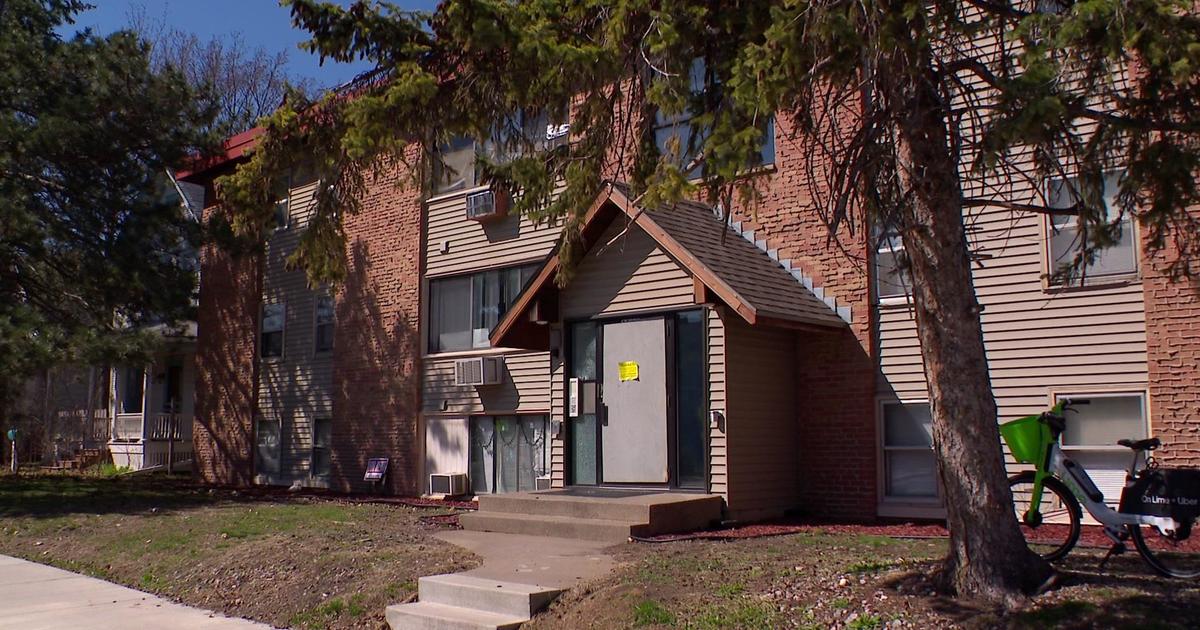'Unprecedented' Midwest Chronic Wasting Disease Meeting Yields No New Approaches
MADISON, Wis. (AP) — Midwestern wildlife officials wrapped up what was hailed as an unprecedented conference on chronic wasting disease Thursday without coming up with any new tactics for fighting the stubborn disease.
Experts from a host of states including North and South Dakota, Iowa, Kansas, Minnesota and Missouri attended the two-day meeting in Madison at the invitation of the Wisconsin Department of Natural Resources.
The meeting comes as Gov. Tony Evers, who controls the Wisconsin DNR, has offered no new plan for dealing with the disease. Wisconsin DNR Secretary Preston Cole, an Evers appointee, has said the governor wants to see if research comes up with anything new and he doesn't want to duplicate research being done in other states. Cole began the conference Wednesday by urging the attendees to stop working in isolation. He told reporters that day that the conference was "unprecedented."
But fresh ideas were few and far between. Retired Wisconsin DNR biologist Mike Foy, who has proposed offering bounties for every infected deer hunters shoot, watched the proceedings from the audience. He said the attendees looked beat.
"I was disappointed they didn't talk about what they plan to do about growing prevalence (of the disease)," he said after the conference ended. "To me that's the huge issue. We'll live or die on how we control prevalence."
Wisconsin DNR Wildlife Health Section Chief Tami Ryan said after the meeting ended that the conference wasn't designed to produce any new strategies.
"We didn't come out of here with a silver bullet but that wasn't the expectation," she said.
By the time the meeting ended attendees had built a list of areas where they believe scientists should focus their research. Those included disease dispersal vectors; how to persuade hunters to buy into state management tactics; the risk the disease poses to humans and the role insects might play in spreading prions, misshapen proteins that cause chronic wasting disease.
But the group didn't prioritize the research. Scott Hull, director of the Wisconsin DNR's Office of Applied Science, said he would do that and send it back out to the group for approval.
The attendees couldn't agree on how to share management plans or whether they even should. Chad Stewart, a deer and elk management specialist for the Michigan Department of Natural Resources, said sharing the plans would accomplish little unless they're constantly updated.
Hull said he would put the plans into a more readable format and send it out to the group via email.
Most of the attendees remained quiet as Wisconsin DNR facilitator Bob Holsman tried to jumpstart discussion. At one point Cole took the podium and acknowledged the group was tackling a difficult issue.
"You're going through uncharted territory," he said. "When you're leading, it's called the bleeding edge. Do you have every answer to every question? No. I encourage you to continue down the path."
When Holsman asked if the group could reconvene later this year, only two attendees raised their hands.
Chronic wasting disease attacks the brains of deer and causes the animals to grow thin, act abnormally and eventually die.
Scientists have yet to develop a vaccine or a cure, putting the deer hunting industry across the Midwest in jeopardy. The disease has been found in at least 24 states, according to the Centers for Disease Control and Prevention.
(© Copyright 2019 The Associated Press. All Rights Reserved. This material may not be published, broadcast, rewritten or redistributed.)



